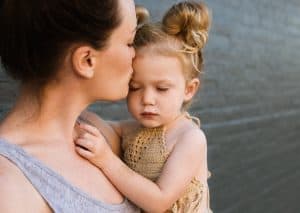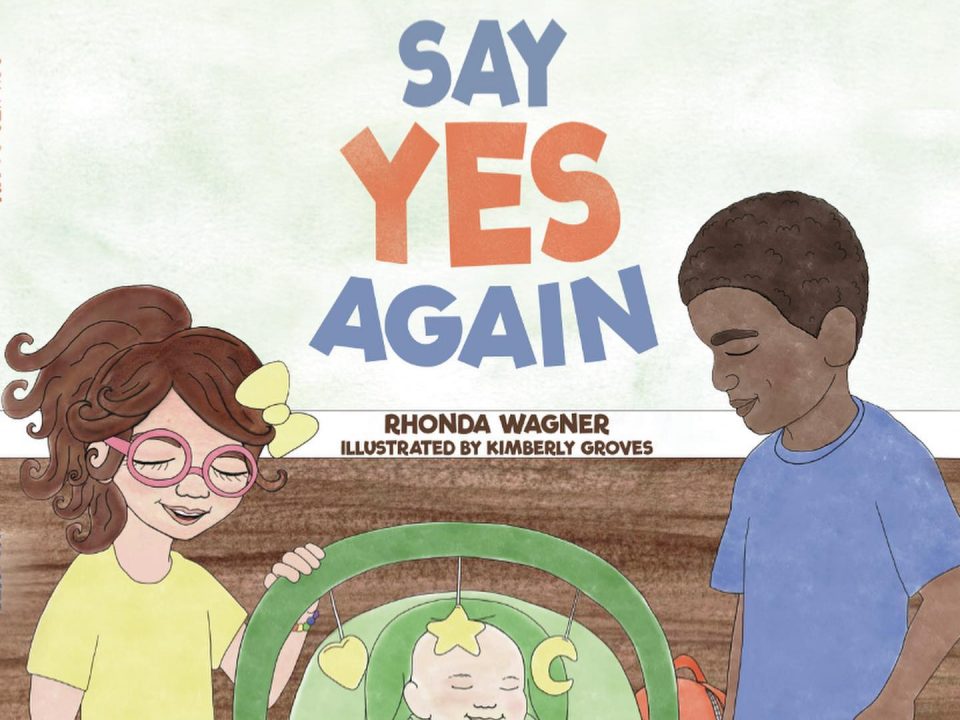Many people take care of and form special bonds with children that are not theirs biologically. For example, some people adopt children from other families, and others adopt step-children. Often, families have both biological and adopted children in the same household. Regardless of the personal circumstance, it is essential to know the legal consequences of adoption for inheritance and succession purposes.
Defining Adopted Children
Adoption is a legal process where the adoptive parent assumes full responsibility for the child. Unlike foster care or guardianship, adoption terminates all legal rights and obligations of the biological parent in respect of that child and transfers them to the adoptive parent. When the adoption is completed, the adoptive parents will appear on the child’s birth certificate.

Does Adoption Affect Inheritance Rights?
Because adoption creates a legal child-parent relationship between the child and the adopting parent, adopted and biological children of the same person are treated equally for purposes of the inheritance and succession law.
As a result, an adopted child has the same entitlement for the estate of the adopting parent as the biological children, unless special considerations apply. For example, by default, the right to inherit after the adoptive parent exists when the parent leaves a will. Similarly, the right to inherit after the adoptive parent exists when the parent dies intestate or without a will.

On the contrary, a child has no right to the estate of biological parents, who have given up their parenting right. As a result, when a biological parent dies without a will or leaves nothing to the abandoned child on death, the child has no claim against the birth parent’s estate. However, the biological parent is still free to make gifts to the child in the will or otherwise.
When an Adoptive Parent Dies Without an Estate Plan
If an adoptive parent passes away without estate planning, statutory rules of succession govern the estate distribution. The statutory rules do not distinguish between biological and adopted children. Therefore, they all have equal entitlement to the deceased parent’s estate.

Generally, suppose the adoptive parent left a spouse who is also a biological or adoptive parent for all the deceased’s children. In that case, the spouse inherits the whole estate. On the other hand, suppose the adoptive parent left a spouse who is not an adoptive or biological parent for all the deceased’s children. In that case, the law sets out a mechanism for determining their respective shares. Usually, the surviving spouse receives a preferential share of the intestate estate, and the biological and adopted children divide the balance equally. On the other hand, if the deceased left no spouse, all-natural and adopted children share the estate equally.
When an Adoptive Parent Dies With a Will
When a will of an adoptive parent makes a gift to “all my children,” all biological and adopted children of the deceased share the gift equally. Like other general rules, this default rule applies absent a contrary provision in the will. For example, a separate provision in the will may limit the definition of “my children” to the deceased’s biological children. If so, “all my children” would exclude the adopted children, and they would have no entitlement to the gift.

When an adoptive parent leaves a will but fails to provide adequately for an adopted child who is a minor or a dependent, the adopted child may contest the will making a court claim for adequate support.
Protecting Adopted Children With Estate Planning
While default rules do not distinguish between adopted and biological children and protect them equally, things may get more complicated in real life. For example, biological children may wish not to share testamentary gifts with adopted children. As a result, when a parent leaves an inheritance to “my children,” biological children may be tempted to read “my children” to mean only biological children.

Alternatively, a will may have a special provision mistakenly defining “my children” as biological children only. Therefore, it is better to avoid general references to “my children” or other interpretation difficulties to avoid family conflicts. Instead, it is preferable to list all recipients of the gift by name.
On occasions, parents do not fully understand the difference between guardianship, foster care, step-parenting, and adoption. As a result, foster or step-parents raise the kids as their own, mistakenly believing that they have formalized the adoption and the children have a default right to their inheritance. However, foster or step-children do not have the same inheritance rights as biological children of the deceased. Consequently, parents must take extra care in reviewing their estate planning options and family bonds to achieve the desired goals.
Similarly, it is best to have a properly completed will or estate plan in place. This way, your significant ones will be appropriately taken care of, regardless of their status. Also, you do not have to worry about the intricacies of estate law and family conflict over your estate in the future.



